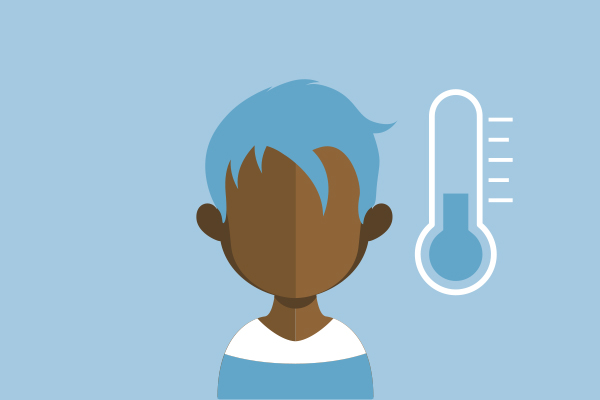Through experiential learning activities, the teachers connect their personal lives with the refugee condition, identify the effects of refugeeism on other people’s lives, and discern the stereotypes refugees face every day.
The teachers to:
- connect with the life of refugees,
- realize that refugeeism is not an identity but an unavoidable condition,
- outline the impact of refugeeism on the lives of refugees,
- analyze the impact of the refugee conditions on other people.
- identify similarities between their own lives and the lives of refugees,
- interpret refugee characteristics as a forced survival situation for refugees,
- value human dignity and human rights,
- approach refugees with empathy.
Steps
- In groups of 4-6 members, each member divides a white A4 sheet of paper into 4 quadrants.
- They close their eyes and listen to the trainers’ narration with soft music on the background playing. The narration: “It’s a weekday morning. I open my eyes, I have to go to school. What do I see around me? What does the place look like? I get up and get ready. What does that involve? I have breakfast. Where? What? With whom? I head for school. How do I get there? What do I do on the way? I get to school on time. What do I tend to do upon arrival, what is the first class like? Break. What do I do? Second period, recess, breaks, and then school is finished. I leave school. Where do I go? How do I get there? Do I have lunch? And then what? Evening-time. Relaxation, dinner, homework, rest. Where am I? What do I see? How do I feel? Bedtime arrives. Last thoughts: What do I like and what makes my life difficult? Do I have dreams and plans for the future?”
- The trainer invites the members to fill in the quadrants: Top left: four small items that they almost always have with them or like to know they have somewhere.Top right: four persons they meet in thought or in action during the day. Bottom left: four roles that they exercise during the day Bottom right: four major favorite possessions.
- The trainer invites members to share what they have written on the sheet and discuss it for ten minutes, adressing similarities and differences.
- The trainer announces: “A year has passed; you have left your country. Go back to the table you compiled earlier, individually and cross out the things you no longer have.”
- Discussion in plenary in a circle with possible questions: What has changed in your day? How do you feel about it? What can you do about the changes, individually, in groups, as a community? What are the external conditions in this new reality (what has been changed or replaced)? How easy or how difficult was it to replace these (people, networks, objects)? One refugee was challenged on his reason for coming here. He answered: “I didn’t come, I left”. How do you feel about this comment?
- In plenary, each group member shares a thought or a feeling from the activity.
Evaluation
Discussion about cross-cultural differences of refugee students in school and ways to raise awareness of them.

Duration: 90 minutes
Materials
- A4 sheets of paper, one for each member
- pen or pencil, one for each member
- blackboard or seminar paper, a stand.





